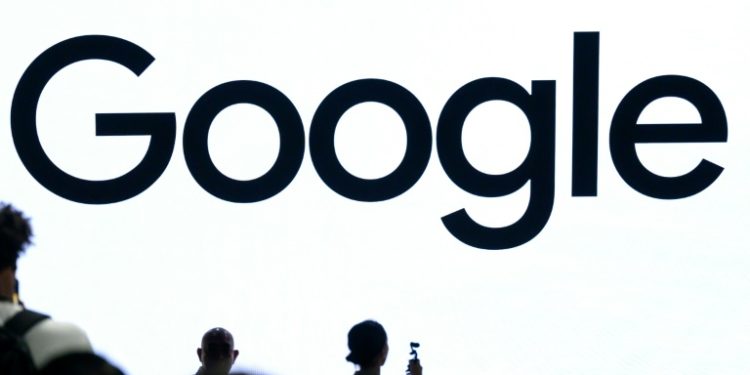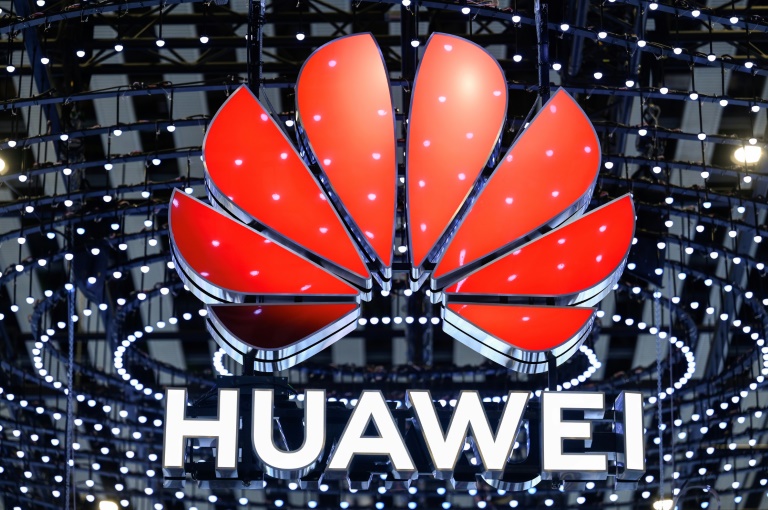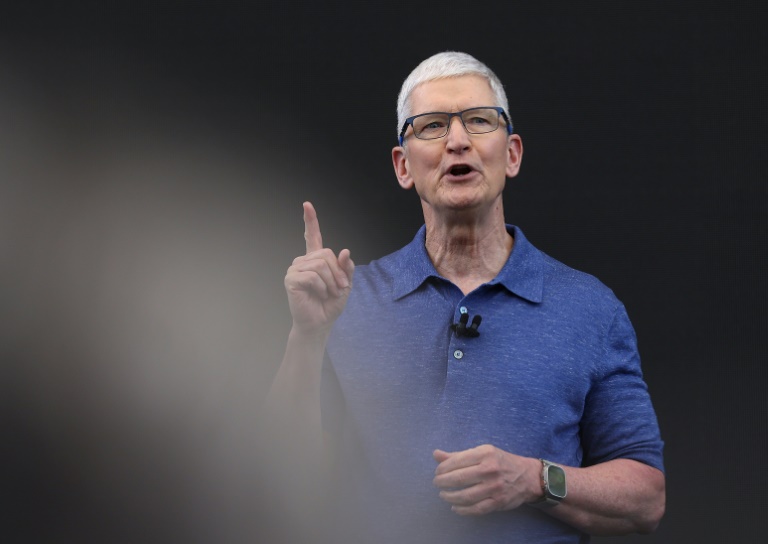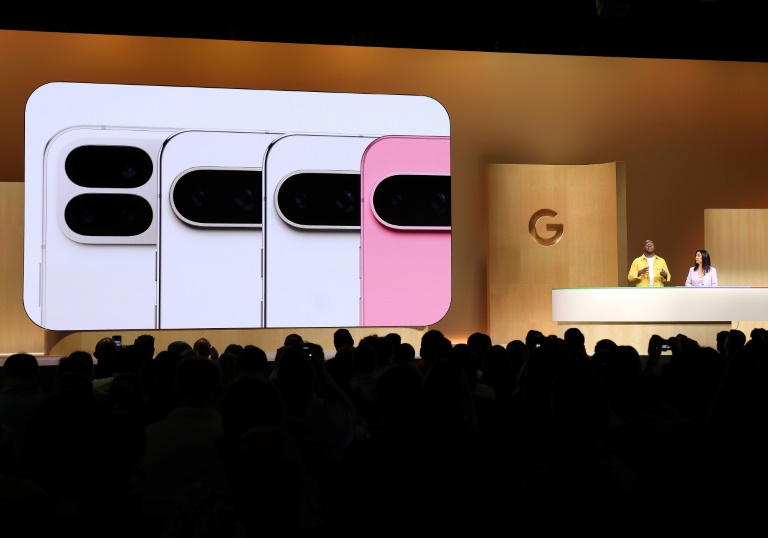Mountain View (United States) (AFP) – Google on Tuesday unveiled new Pixel 9 smartphones packed with artificial intelligence features meant to compete with Apple’s iPhone. The Pixel easily weaves users more tightly into Google’s online services, taking a page from Apple’s strategy with the iPhone and App Store. And it poses a direct challenge to the iPhone’s “Apple Intelligence” AI as well as the company’s alliance with ChatGPT-maker OpenAI. But it raises questions about how well Google is safeguarding personal data and how regulators will react to the tech giant’s push to make users even more dependent on its platform.
A US judge last week handed Google a major legal blow, ruling in a landmark anti-trust case that it has maintained a monopoly with its dominant search engine. The court decision against a “big tech” giant could alter how the sector operates in the future. District Court Judge Amit Mehta found that Google had a monopoly for search and for text ads through exclusive distribution agreements that made it the “default” option that people were likely to use on devices.
Pixels account for a tiny sliver of the global smartphone market led by Samsung and Apple. One of the phone’s purposes, however, is to showcase capabilities of the Android operating system that powers most of the smartphones in the world. Pixel 9 models optimize Google’s Gemini AI capabilities and can help with daily tasks like booking appointments or finding old files in the mountain of data people tend to save, according to Pixel senior director of product management Shenaz Zack. “With your permission, Gemini can offer unparalleled personalized help accessing information across your inbox, Gmail, your calendar and a lot more,” Zack said during a briefing.
A Pixel might be used to take a photo of a concert poster, for example, then check whether that calendar date is open and draft a message inviting friends to join. Conversations with Google’s AI on Pixel will be more free-flowing, allowing interruptions or sudden topic shifts. New Pixels will also be able to take notes during phone calls, automatically notifying the other party first. Google said it made a priority of privacy, from protecting data used by its AI to letting users create password-protected private spaces for apps and other content. The Pixel 9’s starting price is $899, with a new foldable model priced at $1,899.
Google has been racing against Microsoft, OpenAI and others to lead in AI since the 2022 release of ChatGPT ignited intense interest in the technology. Meta has infused its AI into smart glasses, letting wearers ask questions about what they are looking at.
Along with new Pixel smartphones, Google unveiled new Pixel earbud and smartwatch models boasting AI features and synced to work smoothly together. Pixel watches will be able to access live feeds from Nest camera-equipped doorbells, letting wearers see who is at their homes and speak with them. Google last week introduced an AI television streaming device designed to be the hub of a hyper-smart home. A sleek Google TV Streamer enhanced with Gemini AI is set for release September 24 and will mark the end of a Chromecast line dating back more than a decade. “We’re using AI to evolve the future of Google Home and Nest experiences,” senior director of product management Anish Kattukaran told AFP during a briefing. Nest is Google’s line of “smart” home gadgets including speakers, cameras, locks, thermostats, and routers.
© 2024 AFP






















